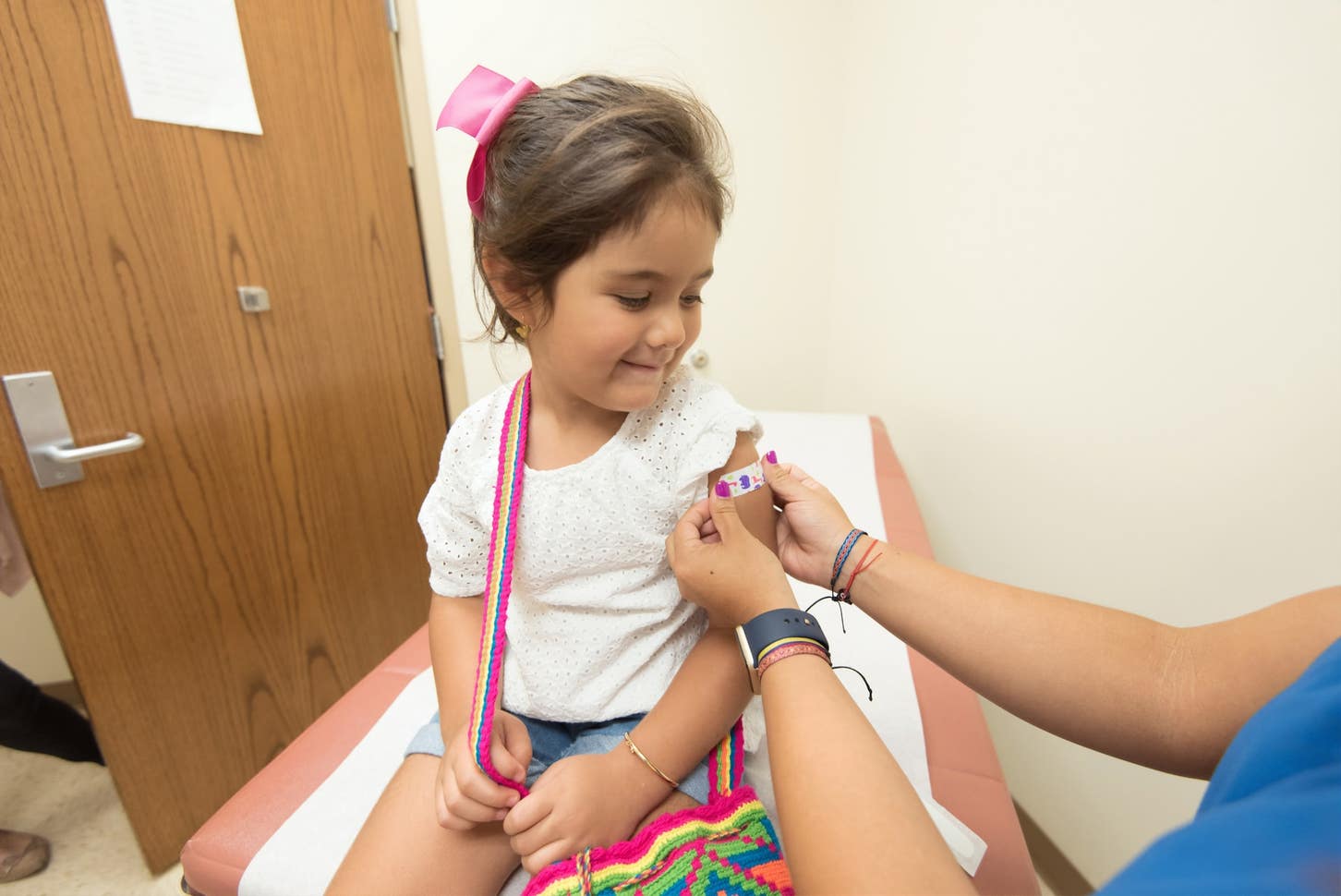
How to Become a Paediatrician
How to Become a Paediatrician
Do you love working with children? Are you able to thrive in a fast-paced, hospital environment? Then a career in paediatrics might just be what you are looking for. Careers in health can be highly rewarding and are suited to those who have a deep desire to care for others.
What is a Paediatrician?
A Paediatrician is a medical doctor who specialises in child health and treating young people from birth up to the age of 16. Paediatricians are divided into four subcategories, depending on which department they are working in:
General paediatrics
Neonatal
Community
Paediatric Cardiology
These are the most common subcategories for a Paediatrician. However, there are other areas you can specialise in such as adolescent pharmacology, adolescent psychiatry, Pediatric surgery, obstetrics, oncology, gastroenterology, and neurodevelopmental disorders.
What does a Paediatrician do day-to-day
The daily task of the Paediatrician will vary greatly, depending on where they’re based and which area of paediatrics they are working in. For most Paediatric roles, however, daily tasks can include:
What qualifications do Paediatricians need?
If you have yet to embark on an undergraduate degree, then focus on achieving the best grades you can at school. You will likely need at least 5 high grade GCSEs (A*-B), ideally with one or more science subjects. Following this, you will need science (especially chemistry and biology) and/or maths A-Levels and need to achieve high grades. Medical degree courses can be particularly competitive and therefore working hard to get the best grades can ensure you will not be disappointed.
Following A-Levels, you will need to complete 3+ years of medical school (or a university with medical courses) and study a biochemistry Bachelor’s degree, which the General Medical Council recognises.
After your medical degree and board certification, you will need 2-3 years of general training (a three-year residency program) and then a further 4 to 7 years of advanced training in your area of speciality. There are varying levels of training from level 1 to level 4, depending on your experience.
Alternative routes; If you have a degree in a science discipline (2:1 or higher) but not a medical degree, then you can take a 4-year graduate program in medicine. If you have no qualifications within the sciences, then a 6-year degree course in medicine is also available, which includes a foundation year.
You can also study online if you do not have the right subjects or grades at GCSE or A-Level. For example, you can enrol in the GCSE Biology online study program, which has no entry requirements, and work around current commitments whilst pursuing your career aspirations. These courses are super flexible but do require you to take some time to study, do written coursework and undertake exams.
Do Paediatricians need work experience?
Whether you are considering undergraduate degree options, looking for a career change, or are keen to get into medicine after your first degree, gaining paid or voluntary experience in the medical field (and/or with children) can also put you at an excellent advantage for employability.
Whether it is working as an NHS hospital assistant full time or volunteering at a nursery at the weekend, gaining some experience working with children or in a medical field is a good step to take. This demonstrates your passion for your chosen career path and helps you develop the essential skills you need for this career, which are outlined below.
Once you have completed your undergraduate degree, you will gain significant experience working in the field during your training. Paediatricians are a type of doctor, and therefore when you undertake your paediatric residency following a medical degree, you will gain significant work experience.
During this time, you will be working and applying your theoretical knowledge in a medical setting, working under supervision with patients every day.
What Skills are needed to work in paediatrics?
Paediatricians are a hugely important part of the healthcare system and being a good Paediatrician requires a range of skills. Below are some of the skills you will need to work in this challenging yet rewarding career:
How much do Paediatricians earn?
A starting salary for someone starting out as a Paediatrician is around £27,000 a year, but an experienced person within this field could earn around £74,000 a year.
Being a Paediatrician can be one of the most rewarding careers, as you can make children better and see the change in a family when diagnoses are made and when treatments start improving lives. So, if you think you have what it takes to tackle this incredible job, then kick start your dream career today.
Browse Healthcare Courses Now!

